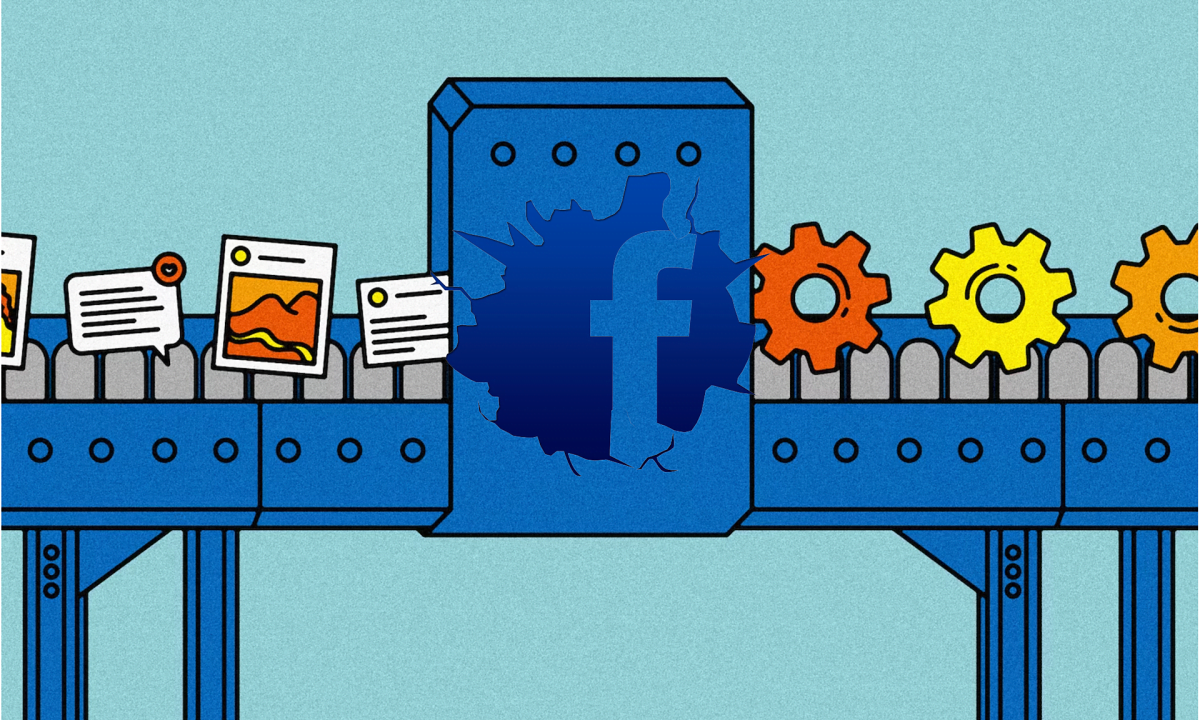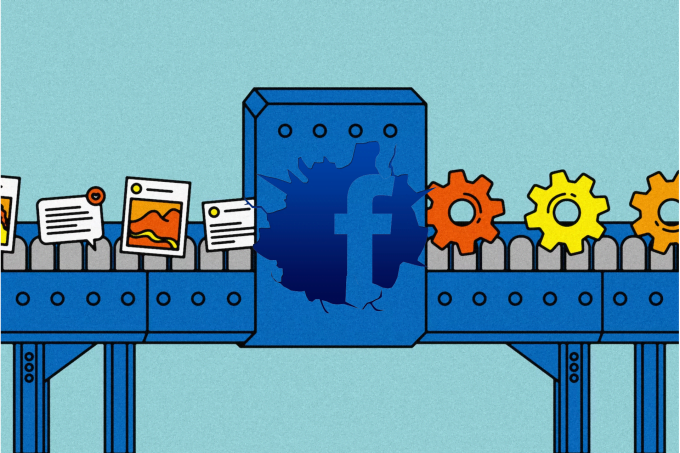
On September 27, Meta launched a “multi-personality” AI chatbot . Responding to Reuters this week, Nick Clegg, the company’s president of global affairs, said that AI training data is taken from the articles and images that users post on Facebook and Instagram. However, AI does not yet use private posts or content shared only with friends, family or chats.

Illustration of Facebook content used as data for AI and advertising: WSJ
Meta representatives said they apply a number of technical measures to control which data will be exploited by AI. However, he declined to describe specifically how this model works.
“We try to exclude datasets that contain a lot of personal information. Meta also doesn’t use data from sites like LinkedIn to train AI due to privacy concerns,” Clegg said.
The new artificial intelligence is described by CEO Mark Zuckerberg as “a Meta AI assistant that can converse like a human”. This chatbot is built using the Llama 2 language model and a text-to-image model called Emu. The product generates text, sound and images, and has access to real-time information through a partnership with Microsoft’s Bing search engine.
The above AI model includes 28 chatbots based on the models of celebrities such as Snoop Dogg, Tom Brady, Kendall Jenner or Naomi Osaka. However, in the early days of testing, Meta AI faced many controversies. According to WSJ , adding personality to chatbots makes them toxic and overreactive. Some chatbots tend to provide information that is a bit racist or delves too deeply into the user’s personal life. Many Meta employees even claimed not to try the new chatbot due to the strange content the AI presented.
One of the community’s big concerns when Meta launched highly customizable AI based on user data was copyright issues. According to Reuters , copyright related to AI is still controversial. Some companies made it easy to create iconic images like Mickey Mouse, while others paid royalties or avoided including them in training data to limit disputes over intellectual property rights. wisdom.
For example, OpenAI signed a six-year contract with Shutterstock to use the company’s image, video, and music libraries for training purposes. When asked whether Meta takes any such steps to avoid copying copyrighted images, a Meta spokesperson only referred to terms of service that prohibit users from creating content that violates privacy and Intellectual property rights.
Khuong Nha (according to Reuters, Business Insider )

Leave a Reply
You must be logged in to post a comment.